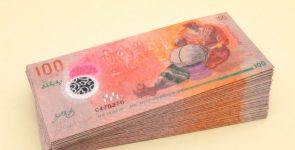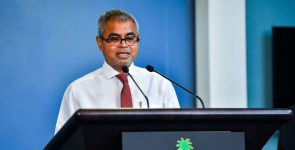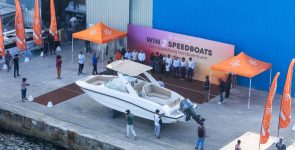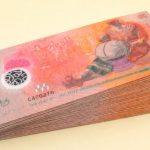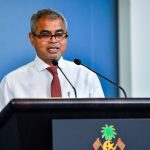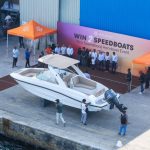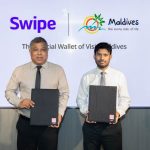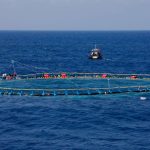It is perhaps a common misconception that students will grow up to be incompetent if they were not educated with a structured curriculum in a school setting. Being forced to attend school in the beginning, we grew up with the belief that the ritual should be followed if we want our children to grow up and become smart and successful people. It was questionable whether any alternative methods of child development and education had been tested. However, the 19th and 20th centuries brought about a gradual change in the public schooling method. Disciplining methods became less military; students were exposed to a more secular mindset in teaching with the expansion of the curriculum. Classroom hours were gradually replaced with fieldwork, extracurricular work, and domestic chores. The lives of children slowly began to be defined and structured by the school curriculum; parents and teachers alike began identifying success by the grades their students received. Instead of learning, we became followers of the school system.
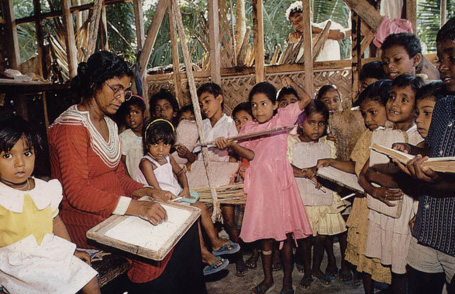
In the early ages, education in the Maldives used to be restricted to solely religious teaching. There used to be a time when kids were sent off to Kiyavaage, or more commonly known as Edhuruge where a learned person would teach a gathering of children within the vicinity of their home using a Voshufilaa, a wooden board which would have sand sprayed on it and the Edhuru would make out the letters of Arabic. The learning system gradually evolved from an Edhuruge to a Madharusaa, which is the schools one would see now. A wider curriculum was offered, with the inclusion of more subjects. The establishment of a proper school system led to an increase in literacy levels.

It is evident that the education system in the Maldives has undergone a vast number of changes within the last couple of years itself. From a traditional Edhuruge to establishing the first western-style school, Majeediyya School, to introducing computer labs and then moving forward to smart board equipped classrooms, the education system is gradually leaning farther from the conventional teaching methods to more technologically adaptive and innovative methods.
Islanders Education has been innovating education in the region since 2008. Providing a student centered curriculum, Billabong High International School provides brain based curriculum, thus ensuring that all enrolled students gain the necessary skills required to succeed in life and not just a textbook based education.
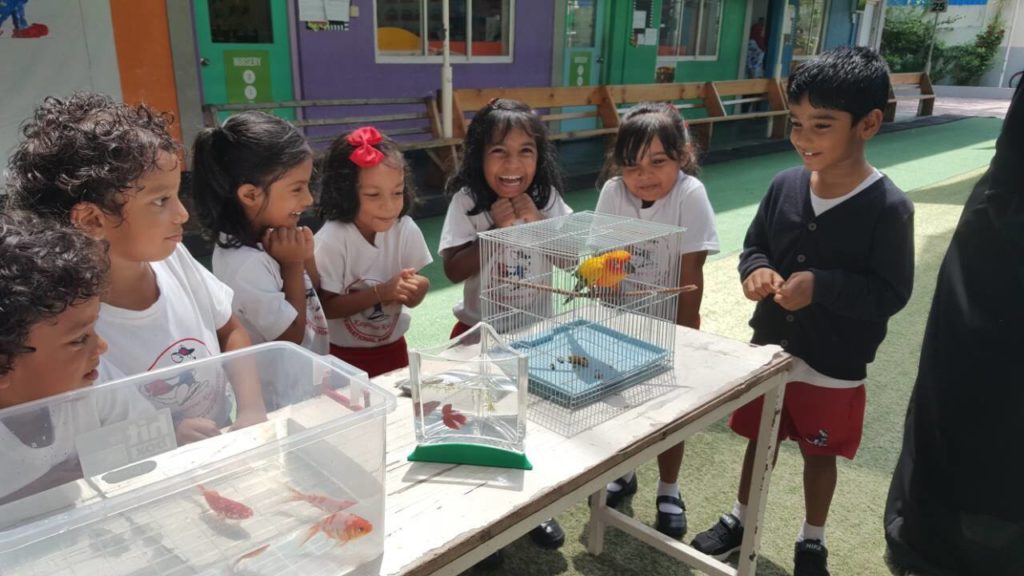
In 2009, Islanders Group decided to bring about the change in the curriculum from early childhood onwards. Kangaroo Kids brought about one of the most impactful changes in private education. Deviating from the uniform learning experience, Kangaroo Kids emphasizes on customized learning for individual child, believing that each child is unique, and so is their leaning path. The visionary behind Kangaroo Kids, Lina Ashar has transformed the way early childhood education is taught in the country.
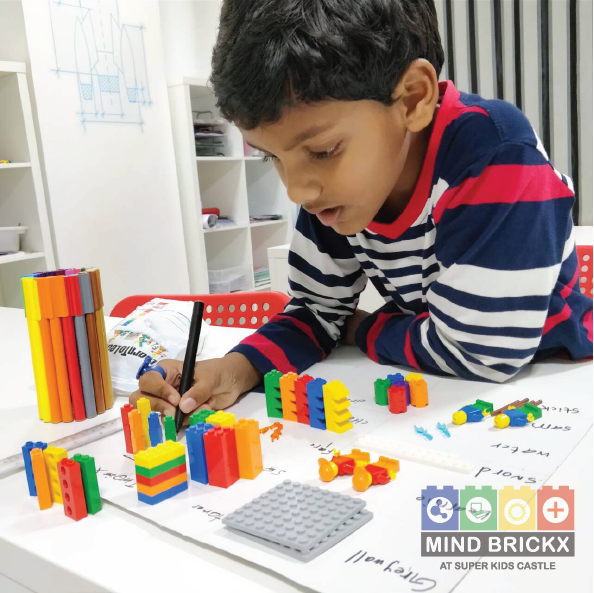
Additonally, Super Kids Castle and the Learning Station provide skill based and educationally stimulating activities to enrolled students. The private sector is evolving towards a more skill-based curriculum and moving farther away from a strictly textbook-based one.
Although the introduction of smart boards paved the education system towards more technologically inclusive teaching methods, they were not properly utilized. The Ministry of Education did, however, note the students’ interests heightened when they were taught using a more modern method. With the decision of the Ministry to switch from textbooks to tablets, the Ministry is hopeful that this change would be a more constructive and innovative method in teaching as well as learning.
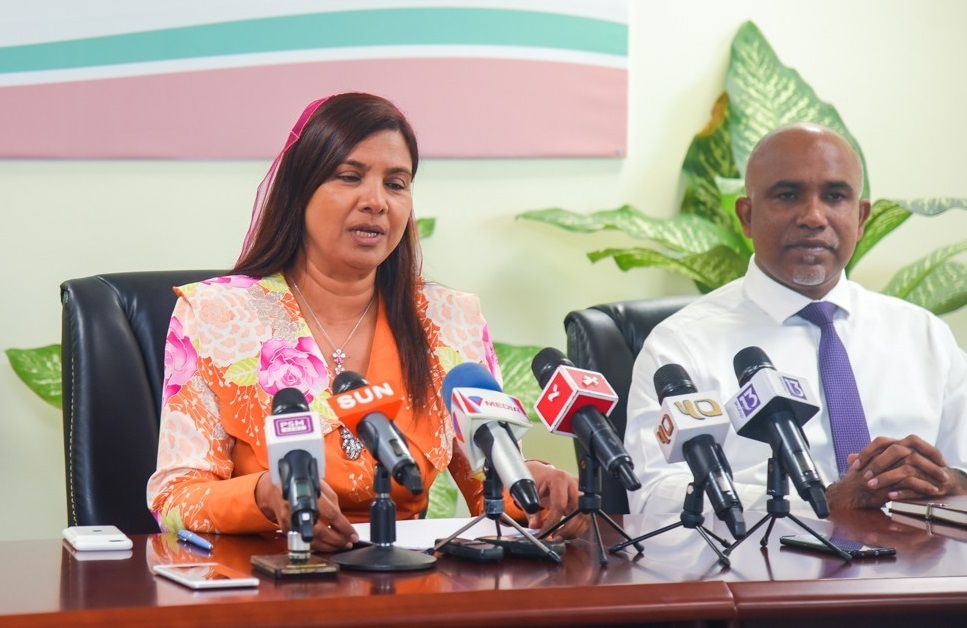
Speaking at a ceremony, Minister of Finance Mr. Ahmed Munawar stated that the state has budgeted MVR 154 million for the digitalization project, noting that the project will not only transform teaching, but also change the way homeworks are assigned and the assessment criteria for students. Following the state’s footsteps, Ghiyaasudeen International School has also revealed plans to replace textbooks with laptops in the higher grades.
Addressing the raising concerns of parents over bulky schoolbags and heavy textbooks, State Minister of Education, Mr. Ahmed Shafeeu explained how digitalizing education will not only lighten the load, but also educate and aware students on safer web browsing whilst urging them to lean towards a more useful browsing experience altogether. Whilst the initial batch of tablets have been dispatched to all teachers enrolled in the Ministry, all of the teachers have completed the mandatory training set by the Ministry, and the remaining tablets are to be dispatched to all public schools and to be distributed to the students by the beginning of the second term of 2018.
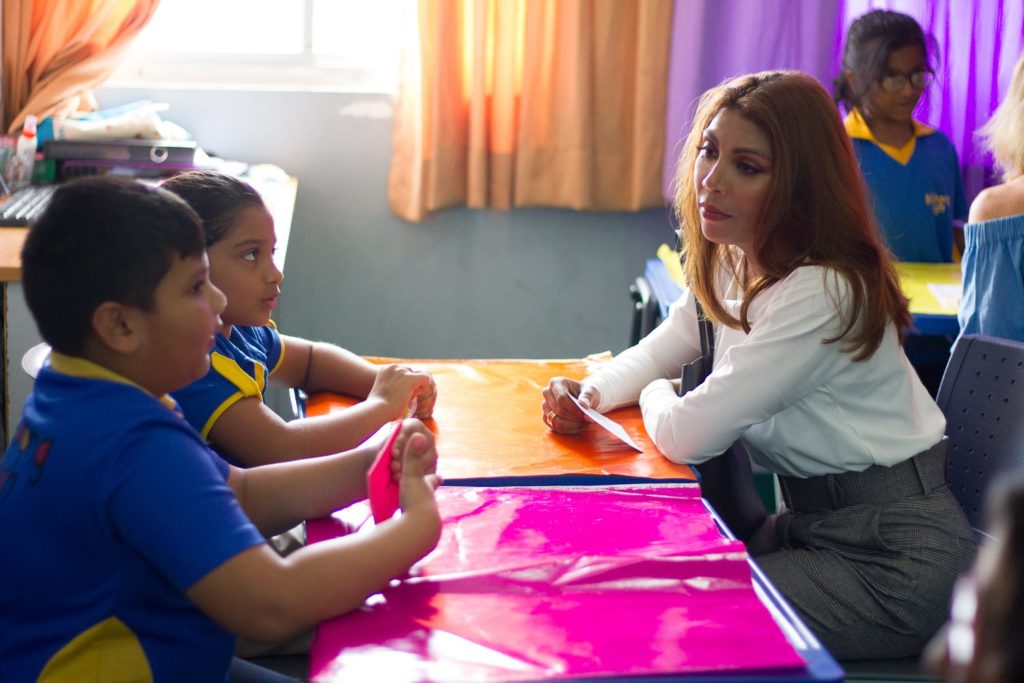
Moving forward with the evolving times – Islanders Educations aims to revolutionize the education system in the Maldives. They aim to open world renowned Finland International School (FIS) in the upcoming year. FIS, which deviates from the conventional classroom method of teaching and learning, teaches and assesses students based on their individual learning paths and not a set year-long lesson plan. Famed for its educational system, this would be the very first Finnish school to be opened in the region, thus not only opening brand new doors into the education system in the Maldives, but challenging it altogether.
One thing is for certain – both public and private sectors agree that it is imperative we need to evolve from the conventional methods of teaching.





